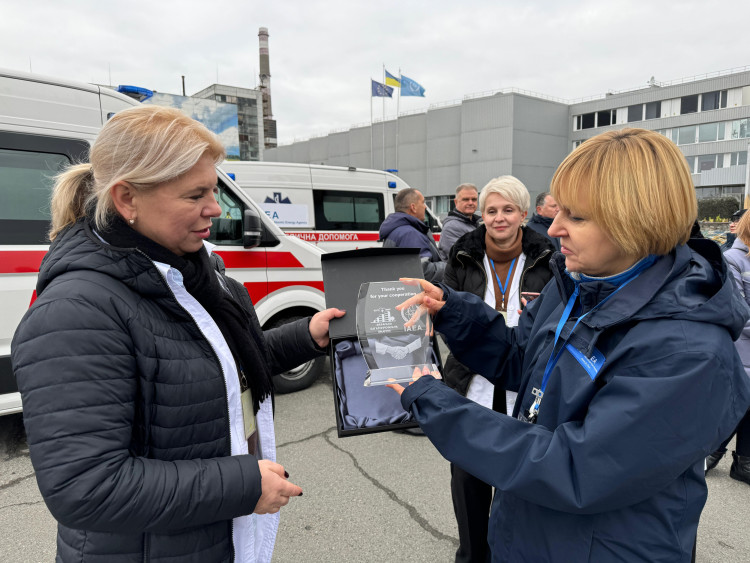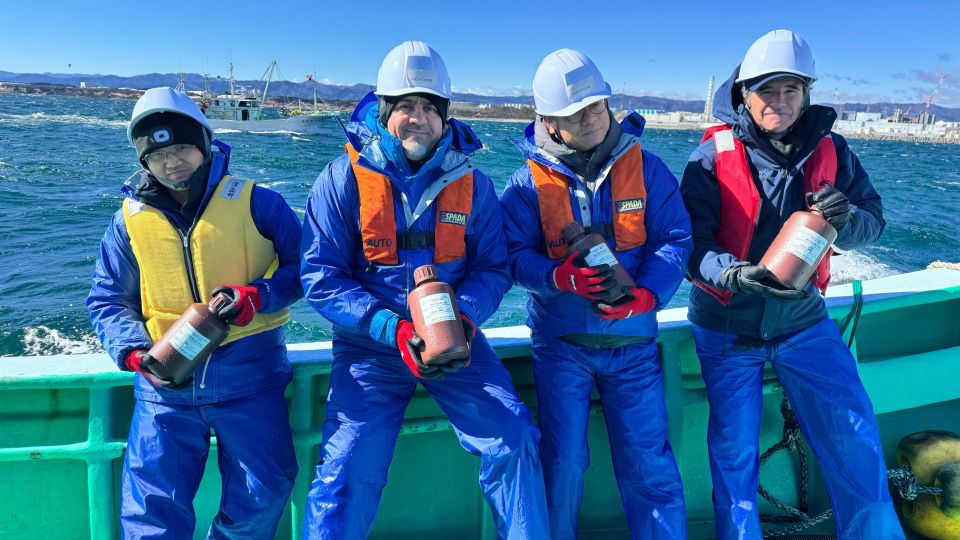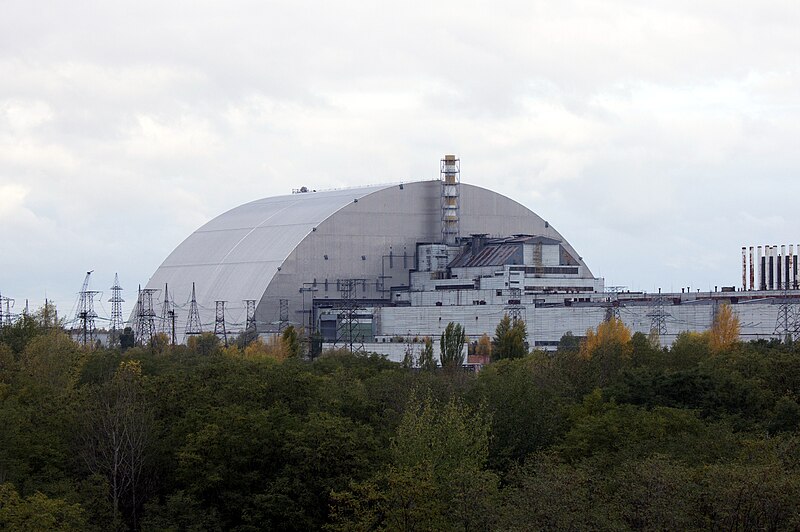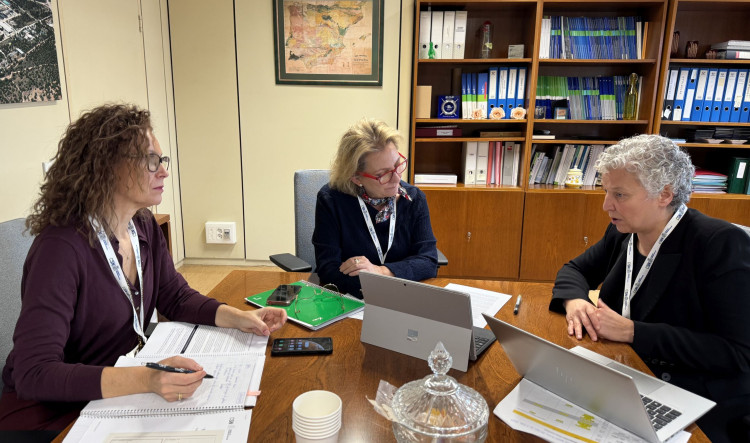Cambodia makes progress in nuclear security, IAEA finds

The International Atomic Energy Agency completed an advisory service mission to Cambodia on December 11–22 that focused on assessing the country's security regime for nuclear and other radioactive material out of regulatory control (MORC).







